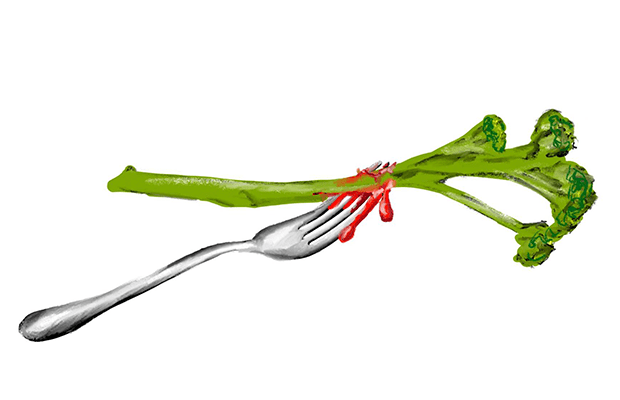The foundation of contemporary Australian society rests upon an often exploited migrant workforce. Countless sectors including manufacturing, construction, services, agriculture and horticulture are currently staffed and sustained by migrant workers from the Global North and South alike. While this is not a new phenomenon, with migrant labour being an inalienable shaping force throughout Australian history, legal protections for migrant workers are routinely neglected and exploitation remains rife.
In December 2022, Unions NSW Migrant Workers Hub and the Immigration Advice and Rights Center (IARC) released a report on wage theft in the migrant workforce, revealing that 60.24% of job advertisements listed in the top eight industries offered a rate of pay below the award minimum. Beyond wage theft, migrant workers across many sectors are often at greater risk of racist bullying and harassment, in addition to workplace injury or illness, as identified by SafeWork NSW. The effects of such mistreatment are exacerbated by the fact that many migrant workers are also young and culturally and linguistically diverse (CALD), further compounding their vulnerability to workplace injury or illness in unsafe environments. Employment precarity is also a prevalent feature of migrant work, particularly in agriculture and horticulture. Piece rate workers such as fruit pickers are commonly threatened with termination if they don’t meet picking targets.
The nature of migrant worker exploitation in Australia is such that most workers often don’t feel confident in seeking recourse or asserting their workplace rights. Many migrant workers fear retaliation by their employers and, in some cases, the revocation of their employer-sponsored working visas. A 2019 survey conducted by the Migrant Justice Institute revealed that 38% of international students who experienced problems in the workplace did not seek help for fear that doing so would impact their visa.
On February 28, a coalition of forty unions, service providers, and non-profit organisations called for the Minister for Home Affairs Andrew Giles to establish federal protections for whistleblowers exposing the exploitation of migrant workers. These protections, as presented in the Breaking the Silence proposal, would safeguard workers who take action against their employers from the immediate risk of deportation.
This complex issue relating to the exploitation of migrant workers undeniably hits home for students across the country. International students comprise a significant proportion of the Australian migrant workforce, with 23% of respondents in the Unions NSW Migrant Wage Theft working on student visas.
In October last year, TEQSA controversially announced that all international students will be required to return to in-person classes by June 30 (with some exceptions). Amidst a rental market where vacancies are at an all-time low and rents at an all-time high, the University of Sydney remains committed to the privatisation and off-selling of student accommodation.
A combination of factors, including a lack of affordable student accommodation and a newly-reinstated working limit of 48 hours per fortnight, means that newly-arrived international students are facing significant barriers to finding appropriate housing. In the aforementioned Migrant Wage Theft report, Unions NSW recommended the permanent removal of working limits for student visa holders. Without additional working hours, student visa holders (who are commonly paid below industry award rates) “struggle to earn a wage sufficient to pay living expenses.”
The return of international students to Australia will undoubtedly carry implications for working conditions experienced by the rest of our migrant labour force, with more workers seeking jobs, and more opportunities for employers to treat migrants as expendable. Thus, it is more crucial than ever that migrant workers have access to the required resources that they require to combat workplace exploitation. It also remains imperative that our migrant workers are not left to fight against such exploitation alone. The union movement has been, for decades, consistent in providing advocacy, hope, and solidarity to migrant workers through advisory initiatives and activist campaigns.
Visa Assist, a joint initiative by Unions NSW and IARC, is a program that offers union members free advice on all immigration and citizenship matters — from workplace bullying to wage theft and visa applications. Moreover, migrant workers on Perfection Fresh Broccolini farms across the country are currently spearheading a United Workers Union boycott campaign in response to routine wage theft and inadequate safety standards, attracting national media attention to the issue while impacting Perfection Fresh’s bottom line.
The most meaningful course of action you, dear reader, can take to improve the conditions of migrant workers in Australia, is to be an active member of your union. Pay your dues. Support migrant-led industrial campaigns. Show up on the picket line. Don’t buy broccolini.





